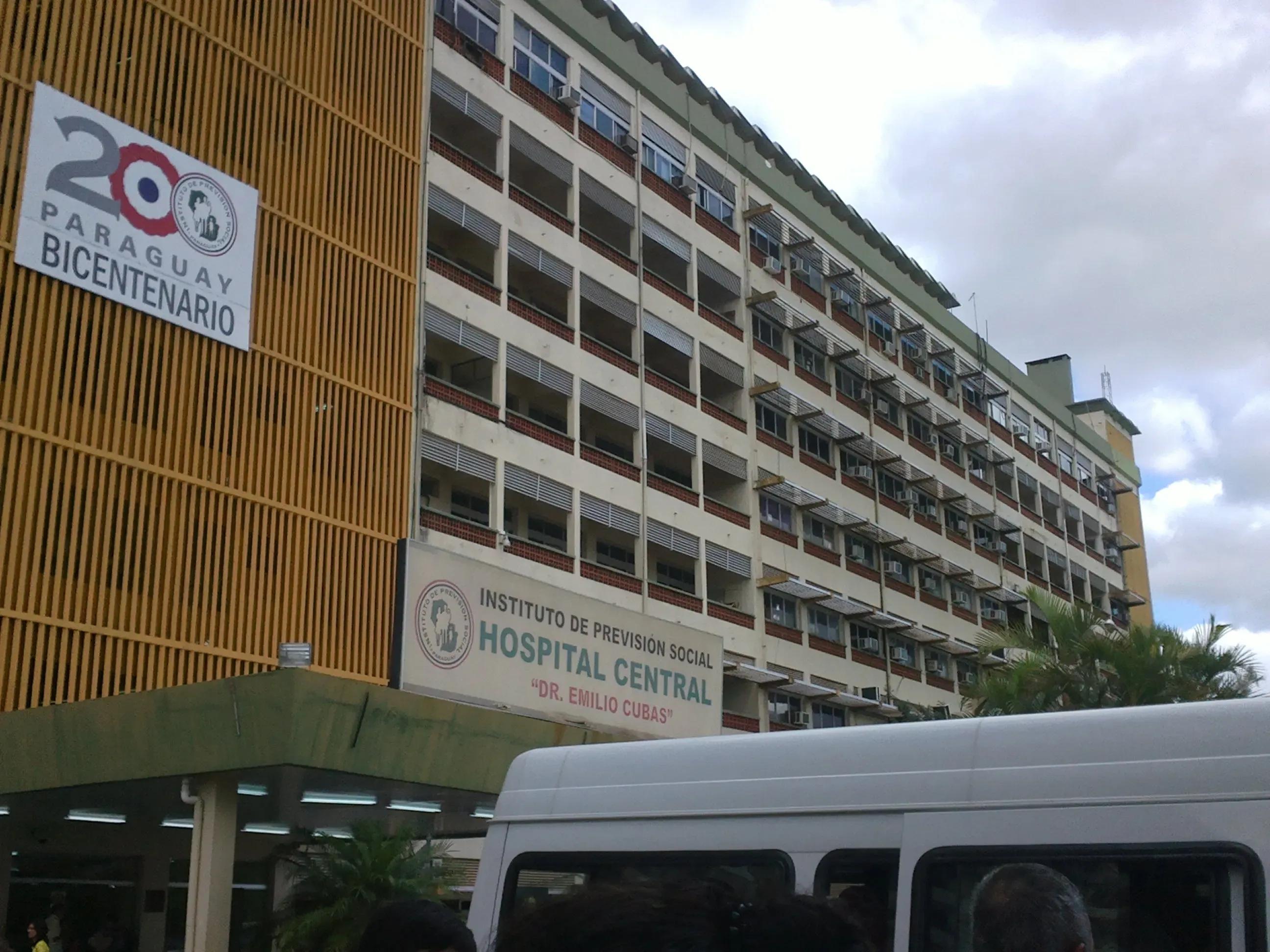Social provision is a crucial component in the welfare framework of any modern society. In Argentina, the Social Provision Institute (IPS) plays a fundamental role in guaranteeing rights for retirees and pensioners. This article aims to analyze the current context of the IPS, its functioning, and its importance in the social security system, as well as compare its model with that of other countries and reflect on the implications of its management.
📊 Current Overview
The IPS, responsible for managing retirement benefits in the province of Corrientes, faces significant challenges in an economic environment marked by inflation and the devaluation of the Argentine peso. Recently, new policies have been implemented to offer tourism benefits to retirees, a measure that, while it may improve the quality of life for this sector, does not resolve the structural problems of the system.
In the current context, the IPS must deal with an increase in the demand for services due to an aging population and the rising poverty affecting older adults. The lack of resources and inefficiency in fund management are obstacles that limit the IPS's ability to fulfill its mission. According to recent data, the IPS manages more than 60,000 retirement requests annually, a figure that highlights the need for an agile and efficient response to this growing demand.
🌍 International Comparison
The situation of the IPS is not unique in the world. In countries like Sweden and Germany, the social provision system has undergone profound reforms aimed not only at expanding coverage but also at improving its financial sustainability. For example, Sweden has implemented a defined contribution pension system, where the amount of the pension is based on contributions made throughout the individual's working life. This strategy has allowed for a relatively high level of benefits to be maintained even in times of economic crisis.
In Germany, pension system reforms have sought to diversify funding sources, including private and state pension plans. This multifunctionality has ensured greater stability and allowed retirees to maintain an acceptable standard of living. Comparatively, the IPS could benefit from a more flexible approach that considers the inclusion of different funding sources and improvements in resource management efficiency.
⚖️ Social and Economic Implications
The implications of an IPS that does not function properly are profound. Socially, failing to address retirees' needs can result in increased poverty among the elderly, affecting their quality of life and, consequently, the social fabric of the country. Economically, an efficient social provision system is a prerequisite for growth. Without adequate support for those who have contributed to the system during their working lives, the stability of the internal market and trust in institutions are jeopardized.
Additionally, the IPS must pay attention to the sustainability of its model. The increasing burden of retirements and pensions can lead to a fiscal imbalance if resources are not managed adequately. In this sense, the implementation of reforms aimed at modernizing the system and adapting it to the realities of the 21st century is urgent.
🔄 Improvement Proposals
For the IPS to effectively fulfill its function, it is essential to consider a series of reforms that include:
1. Modernization of administration: Implement technologies that optimize management processes and beneficiary care.
2. Diversification of funding sources: Consider the possibility of establishing a complementary pension system that allows citizens to opt for additional plans.
3. Financial education: Promote education programs that train future retirees on planning and managing their personal finances.
These proposals, while requiring an investment framework and political will, are necessary steps to ensure a robust and sustainable social provision system.
In conclusion, the Social Provision Institute is a key player in protecting the rights of retirees in Argentina. However, it faces significant challenges that require immediate attention and structural reforms. History has shown that social provision is not a whim, but a prerequisite for growth and social cohesion. If the IPS fails to adapt to new realities, it risks becoming an ineffective instrument that does not fulfill its essential mission.

Comments